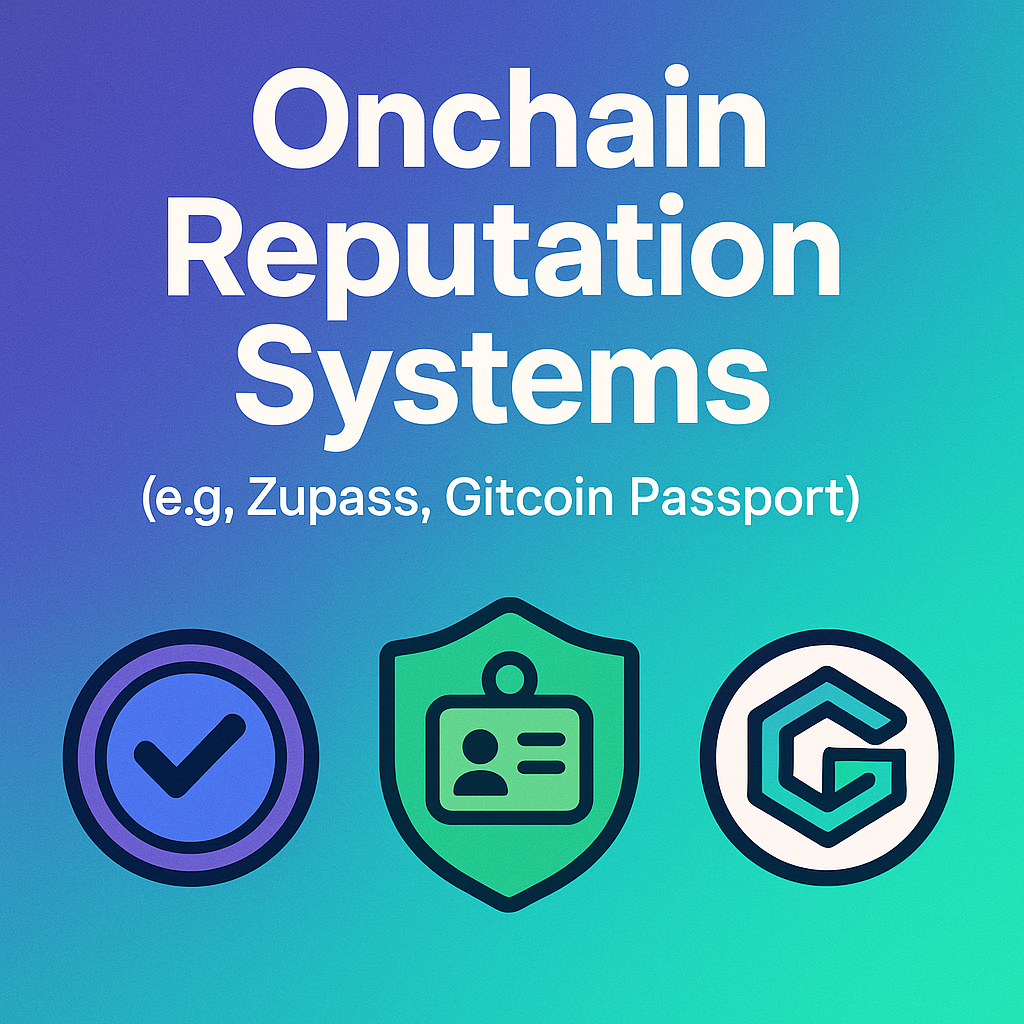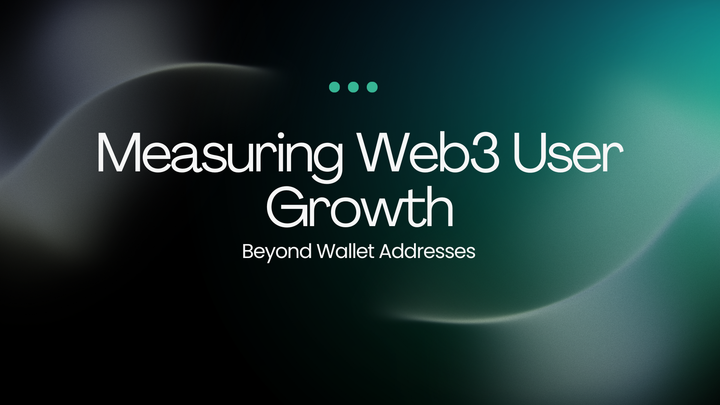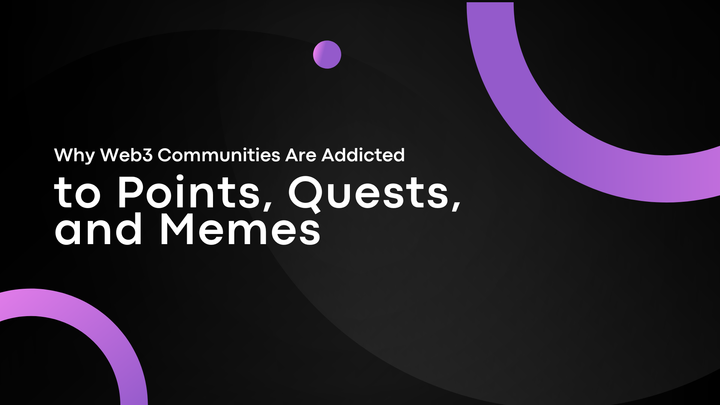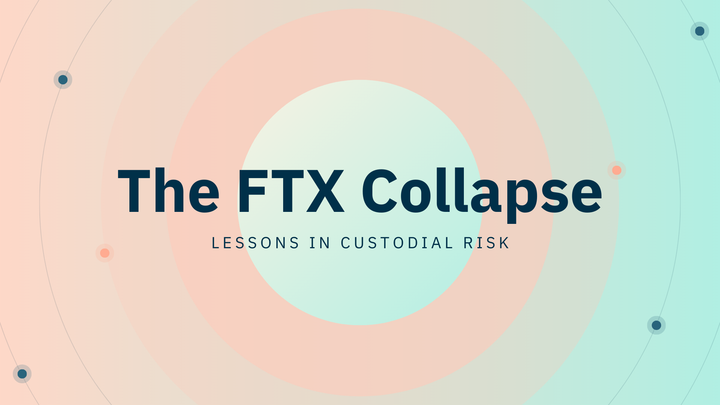What Are Onchain Reputation Systems?

In Web3, it’s hard to know who to trust. People use wallets instead of names, and there are no easy ways to check someone’s history. That’s where onchain reputation systems come in — they help build trust on the blockchain.
Why Reputation Matters in Web3
In real life, we trust people based on what they’ve done before — their job, their social media, or what others say about them.
But onchain, you can’t always tell:
- Is this person active in the community?
- Are they a real human?
- Have they done useful work?
Reputation systems fix that by creating a proof of what someone has done on the blockchain.
Examples of Onchain Reputation Systems
🪪 1. Zupass
Zupass helps people prove things about themselves without sharing private info.
For example, you can use Zupass to show:
- You attended a certain event (like a hackathon)
- You joined a DAO
- You passed a quiz
But you don’t need to show your name or wallet — just a proof (called a ZK proof) that you're legit.
🌐 2. Gitcoin Passport
Gitcoin Passport checks if a wallet belongs to a real human and how trustworthy that human is.
You earn points by:
- Linking social accounts (like Twitter or GitHub)
- Getting verified by platforms (like BrightID or Proof of Humanity)
- Completing tasks or donations
The more points you have, the more trusted your wallet is — and you can use that trust to join airdrops, voting, or special communities.
Why This Matters and the Future
- Less Sybil attacks: Bots and fake accounts are a big problem in Web3. Reputation systems help block them.
- Fair rewards: Airdrops or grants can go to real contributors, not just farmers.
- Better governance: DAOs can give more voting power to people with a good history.
The Future
Onchain reputation will likely grow as:
- More DAOs and apps use it to filter users
- Users build a public Web3 profile
- Protocols reward long-term, trusted users
In short, your onchain actions will become your new resume.
Conclusion
As Web3 continues to grow, trust and identity become more important than ever. Onchain reputation systems like Zupass and Gitcoin Passport offer a powerful solution — letting users prove their credibility, protect their privacy, and get recognized for their real contributions.
These tools not only help keep bots and bad actors out, but they also unlock new ways to reward real people, build stronger communities, and make Web3 safer and more fair. In the future, your onchain reputation could be just as important as your real-world resume.



Comments ()